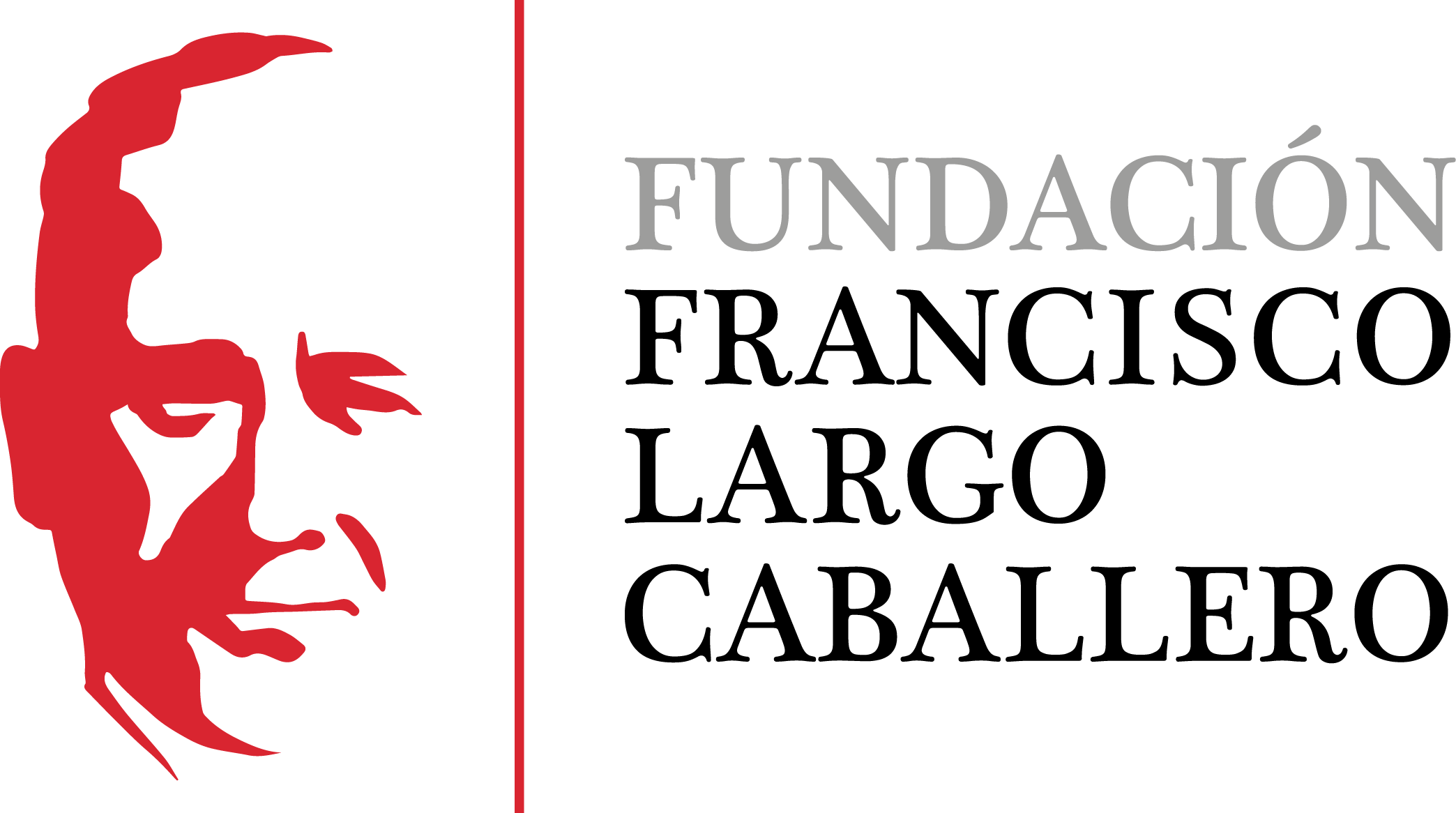Navarre in Africa’s war (1859-1860)
DOI:
https://doi.org/10.69791/rahc.218Keywords:
Spanish-Moroccan War, Navarra, patriotism, military, process of nationalizationAbstract
As it is usually the case throughout the Elizabethan Era, the participation of Navarre in the Spanish-Moroccan War (1859-1860) remains widely unknown. This is so even if its study is very interesting because the conflict took place at a time of tension between this province and the central government. Within this context, we examine the position of the Diputación, of the city councils and of some individual people from Navarra before the conflict (exhibitions of inflated patriotism in favour of the government, money offerings, providing of medical materials, etc.). The conclusion is that the position taken by Navarre was close to that of other provinces, which suggests that the process of Spanish nationalization was quite advanced in the Ancient Kingdom.
Downloads
Global Statistics ℹ️
|
42
Views
|
22
Downloads
|
|
64
Total
|
|
Downloads
Published
How to Cite
Issue
Section
License
Copyright (c) 2010 Ángel García-Sanz Marcotegui

This work is licensed under a Creative Commons Attribution 4.0 International License.
Alcores is an open-access journal. It provides unrestricted access to its content from the moment of publication. We respect intellectual property rights, and for this reason, the author retains the copyright. All content is distributed under a Creative Commons Attribution 4.0 International (CC BY 4.0) license. The terms of the license can be consulted at: https://creativecommons.org/licenses/by/4.0/
This license allows sharing (copying and redistributing the material in any medium or format) and adapting (remixing, transforming, and building upon the material for any purpose), provided that authorship and first publication in this journal are properly credited, a link to the license is included, and any changes made are indicated.
This type of license facilitates the freedom of reuse and ensures that the content of this journal can be used to meet research needs.









